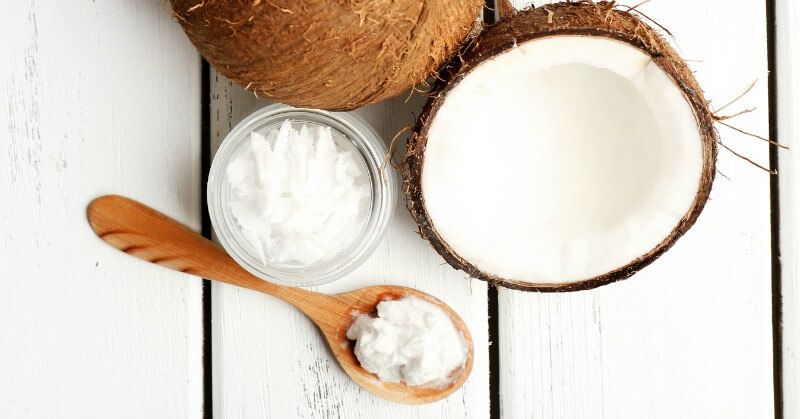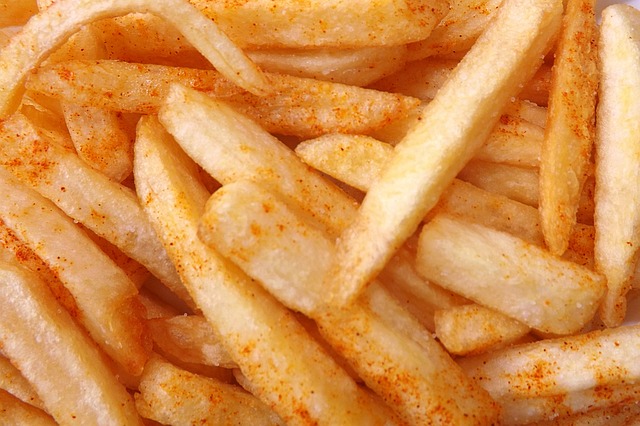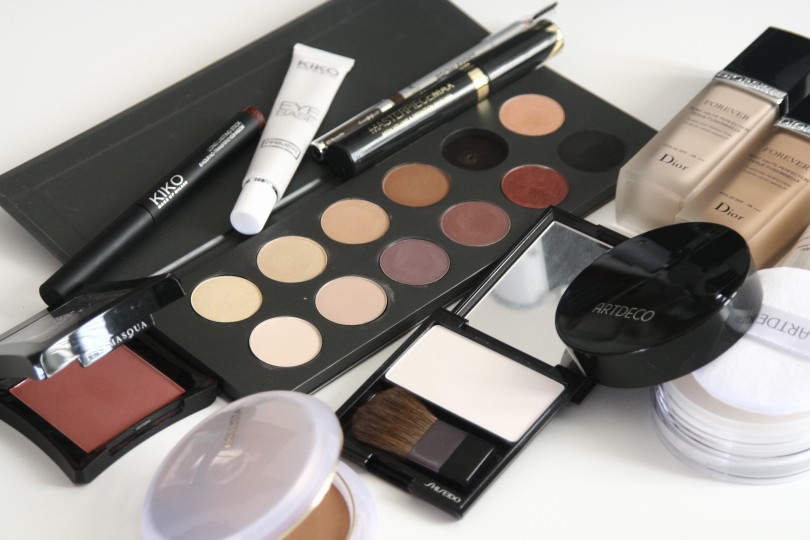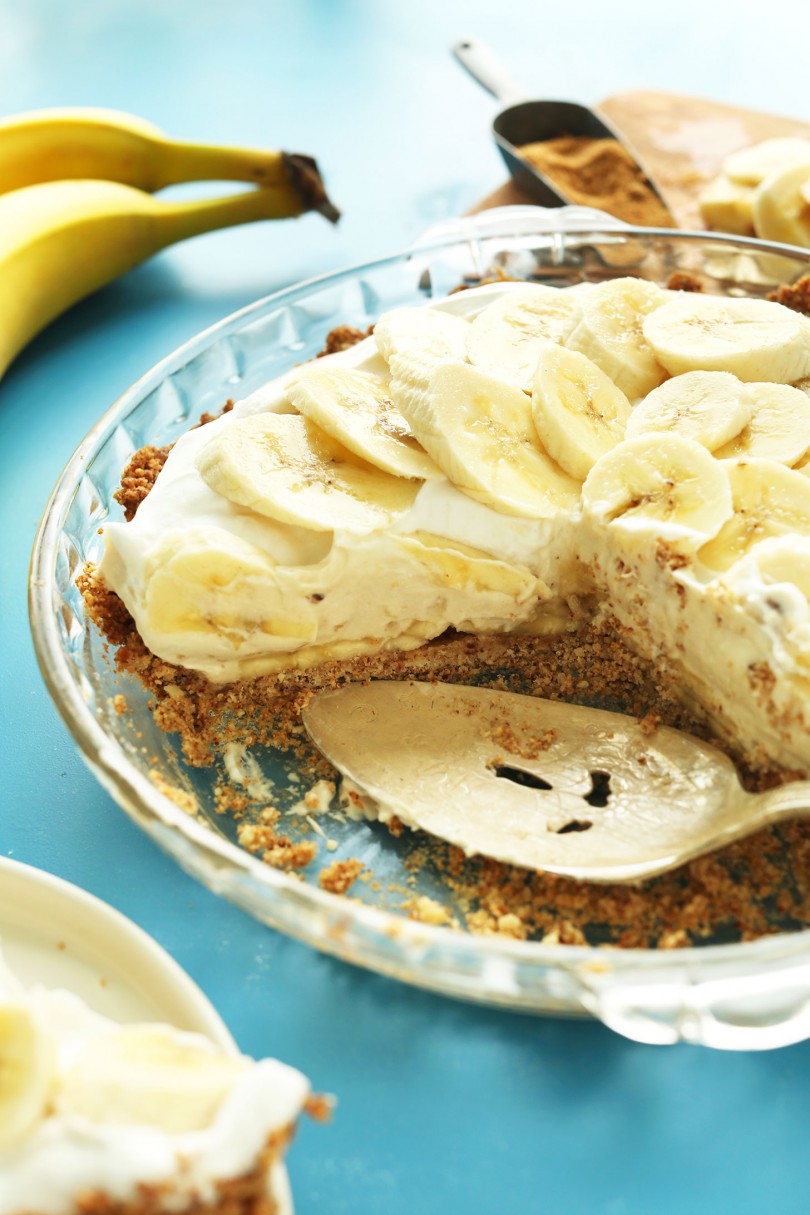How does anyone know what is real or just trendy when every week there is a new diet and natural health remedy sweeping the web. It is often hard to decide which are worth your time. Threading, going organic, gluten free, drinking apple cider vinegar, oil pulling…which of these health crazes are actually helping to benefit your body? One of late popularity is oil pulling.
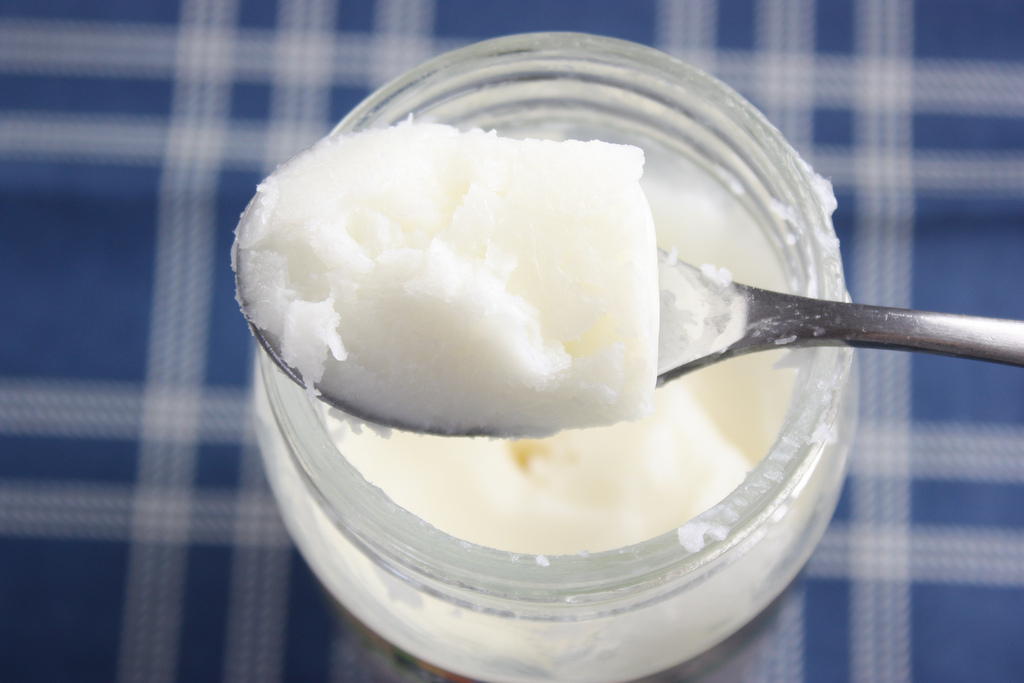
Oil pulling is the act of using oil—coconut, sesame, olive oil—(just to name a few) and swishing it around your mouth for at least 10-20 minutes, as you would do with a mouthwash. Seems easy enough? But where did this idea come from? Before there were fluoride based mouth washes, ancient cultures such as the Ayurveda Indians, used oil pulling as a remedy for fighting plaque, bad breath, tooth decay, various gum related ailments, and to improve overall oral care.
How does it work?
The idea behind oil pulling is that the oil will get in between the teeth and pull bacteria and disease causing agents out of hard to reach places. The slippery nature of oil will create a slippery barrier on teeth that will prevent germs and plaque to sticking to teeth and the tongue, and will overall reduce the amount of bacteria that cause diseases. While there are many preferences are reasons behind employing different oils, the most widely used are coconut oil, olive oil, and sesame seed oil.
Pulling is best before eating or drinking anything (so first thing in the morning) and before brushing your teeth. The easiest method to oil pulling:
- Spoon one big spoonful of the oil of your choice in your mouth. (If you are using solid coconut oil it will melt in your mouth so don’t go overboard.) Using more than one tablespoon is a bit unnecessary and it can become more difficult, especially for first timers.
- Move, or ‘pull’, the oil around your mouth and through your teeth for about at least 15 minutes, but most recommend 20 minutes.
- After the time is up, remove the oil, (best into the trash and not your sink). You know you’ve done it correctly when it is a thick, white consistency. Follow by brushing your teeth. Do not swallow the oil: the idea is to get the bad things out of your mouth and not into your belly.
Many people enjoy pulling in the early hours of the day as they are getting ready to leave their home and can keep the oil in while going about their morning routine. Because 20 minutes can be a long time, it is okay to spend some of the time just holding the oil in your mouth it will still help to fight bacteria.
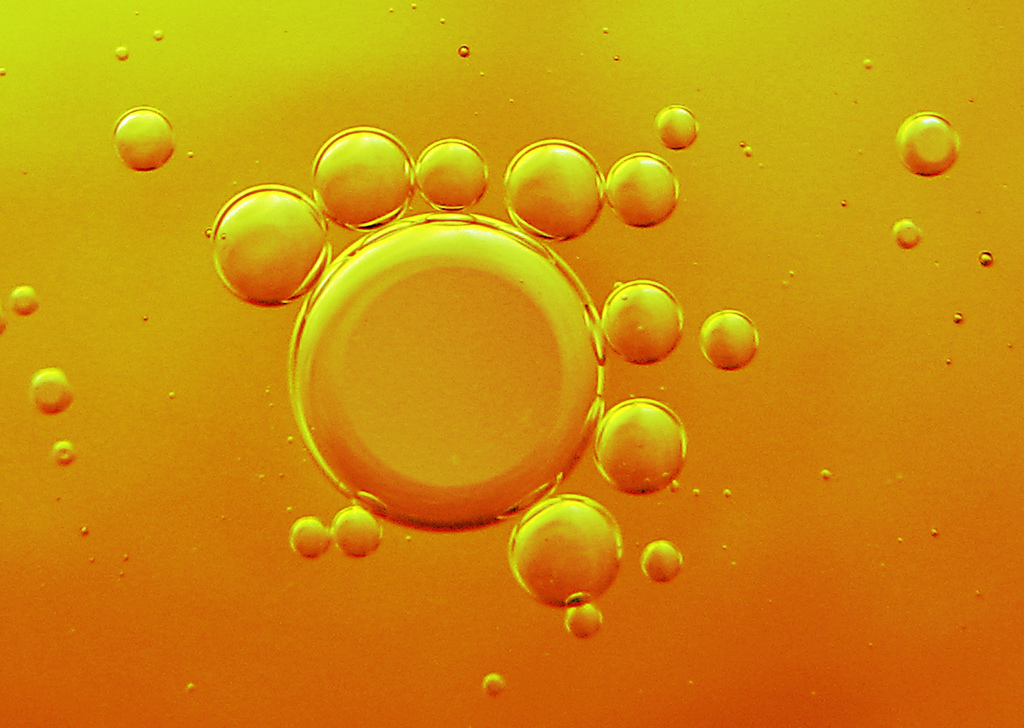
What are some of the health benefits?
Kills Bacteria
Candida and Streptococcus are common bacteria that enjoy living in the dark and damp crevices in your mouth. Since digestion begins in the mouth, these it is important to control the amount of plaque that accumulates, as well as preventing tooth decay. Oil pulling works to remove these germs and their toxins. And, as a result, improve your overall health by stopping the spread of bad microorganisms before they can enter your digestive and immune system.
Fights Plaque Gingivitis
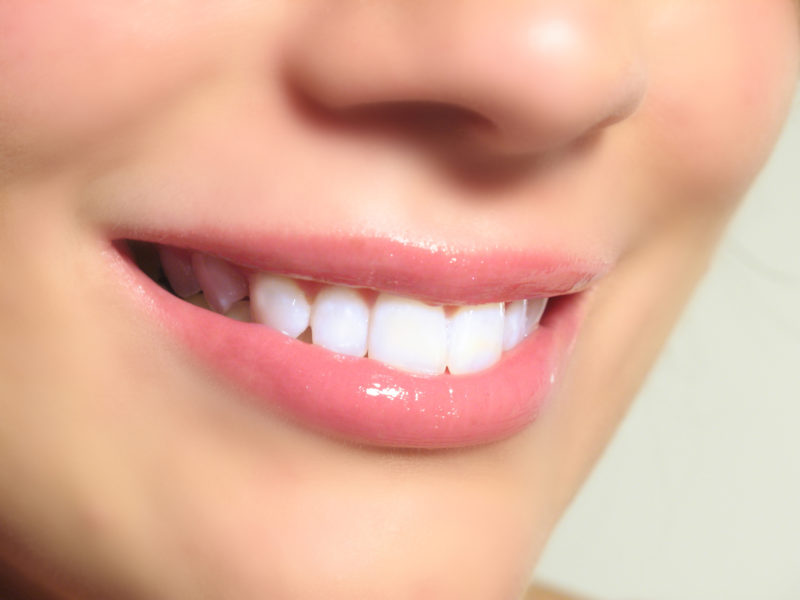
Gingivitis is a bacterial infection caused by microorganisms in the mouth. The primary cause of gingival inflammation is plaque. By conducting oil pulling, the film left by oil on the teeth’s surface disallows plaque to form on the teeth. (2) Historically, oil pulling with sesame oil and sunflower oil has been found to reduce plaque related gingivitis.
Fights Bad Breath
Halitosis, also known as malodor or bad breath is a concern for everyday life and can be a medical indication of bacteria or other organisms living in your mouth. A majority of commercial mouthwashes contain Chlorhexidine—an ingredient found to be the most effective in controlling plaque induced gingivitis: the downside is it is harsh on the teeth over long periods of time and causes staining. Still, natural methods of preventive dentistry are quintessential for oral health.
Heals bleeding gums, loose teeth, and cracked lips
Beyond just preventing oral diseases, oil pulling removes toxins out of the tissues in the mouth, which helps to “allow the body to heal itself. Inflammation is quieted, gums stop bleeding, loose teeth tighten, and pain and sensitivity vanish. Teeth become whiter, and gums become pinker and healthier looking. (9)
What are the differences between the oils?
The most obvious is to use organic, high-quality oils. Unrefined and cold pressed oils are the best as the fats have not been broken down and still function to pull bacteria. Toasted oils have been processed by heat and this damages the health benefits. Avoid all oils that you would want to ingest. Corn oil, vegetable oil, soy oil, canola oil, and cottonseed oil are not good sources for oil pulling. Very strong in flavor: nut based oils like peanut, flax and avocado are also hard to swish for long periods of time.
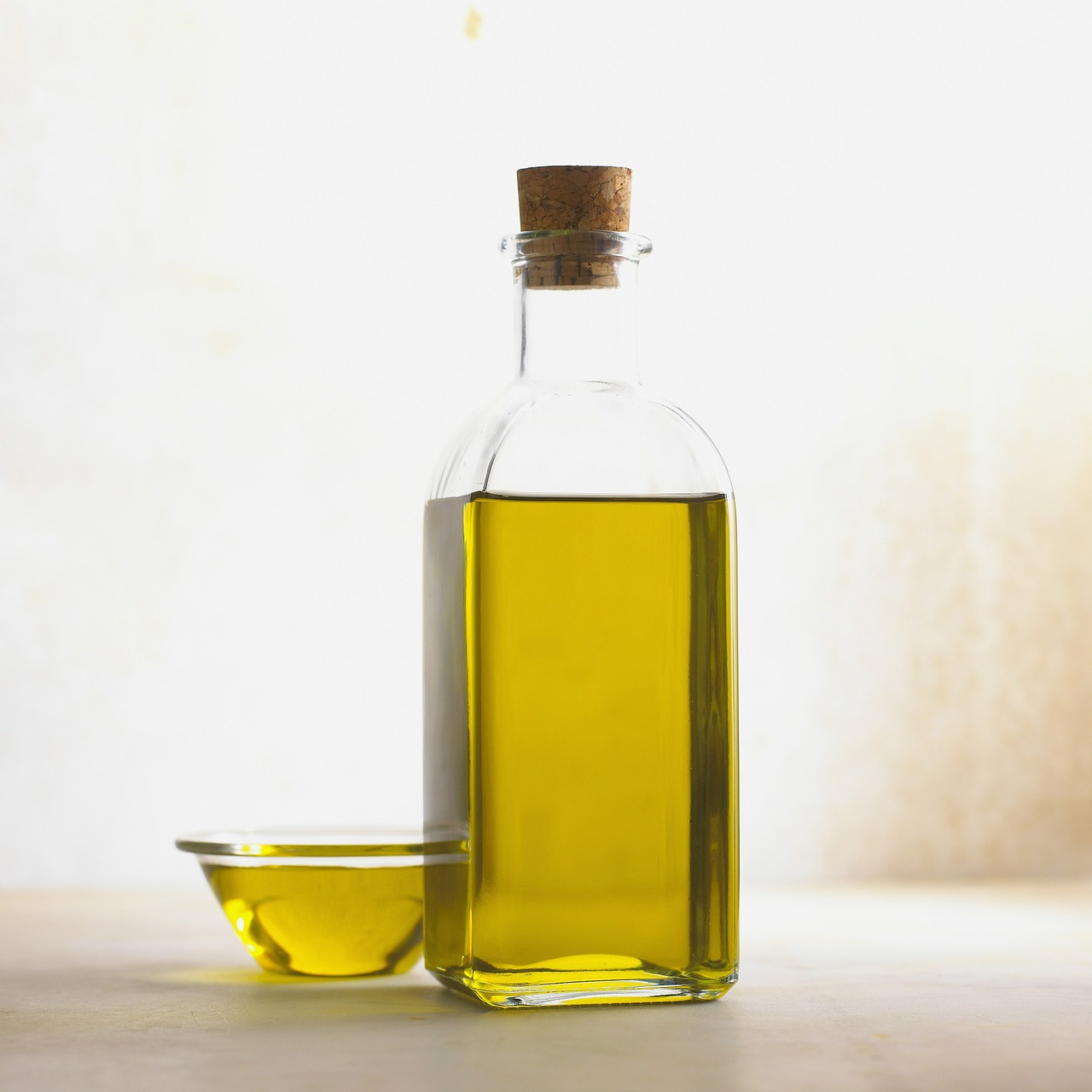
Natural and Inexpensive
If you are seeking a more natural, but effective, alternative to mouthwash, the oil pulling is the answer. With all the benefits and no risk, there is no downside to implementing it in your morning routine (especially if you need to get breakfast ready or take a shower in the morning). It true that there is a bit of an adjustment time to getting used to oil pulling, but the pros definitely outweigh the cons. Best to start out pulling twice a week and eventually work up to every other, if not every, day. When considering the amount of money spent on oral cosmetics and whitening, oil pulling is cheap and very easy. Furthermore, for a detoxing ritual, it is easier than fasting, or adding less than delicious additions to your diet.
There are many claims that do not hold up scientifically, including the belief that oil pulling helps to alleviate thirty different diseases, is a weight loss supplement, and helps with easier menstrual cycles and thicker hair. While these have no been confirmed, recent evidence does confirm that there is a correlation between oil pulling and preventing tooth decay, bad breath, stopping gum related disease, and fighting plaque. Like all habits, it takes time to get used to adding this to your routine. As they say in the medical world, the best thing to do medically is to stop it before it starts—so why not protect your mouth, stop bacteria from growing, and help your body by using natural and age tested remedies.

